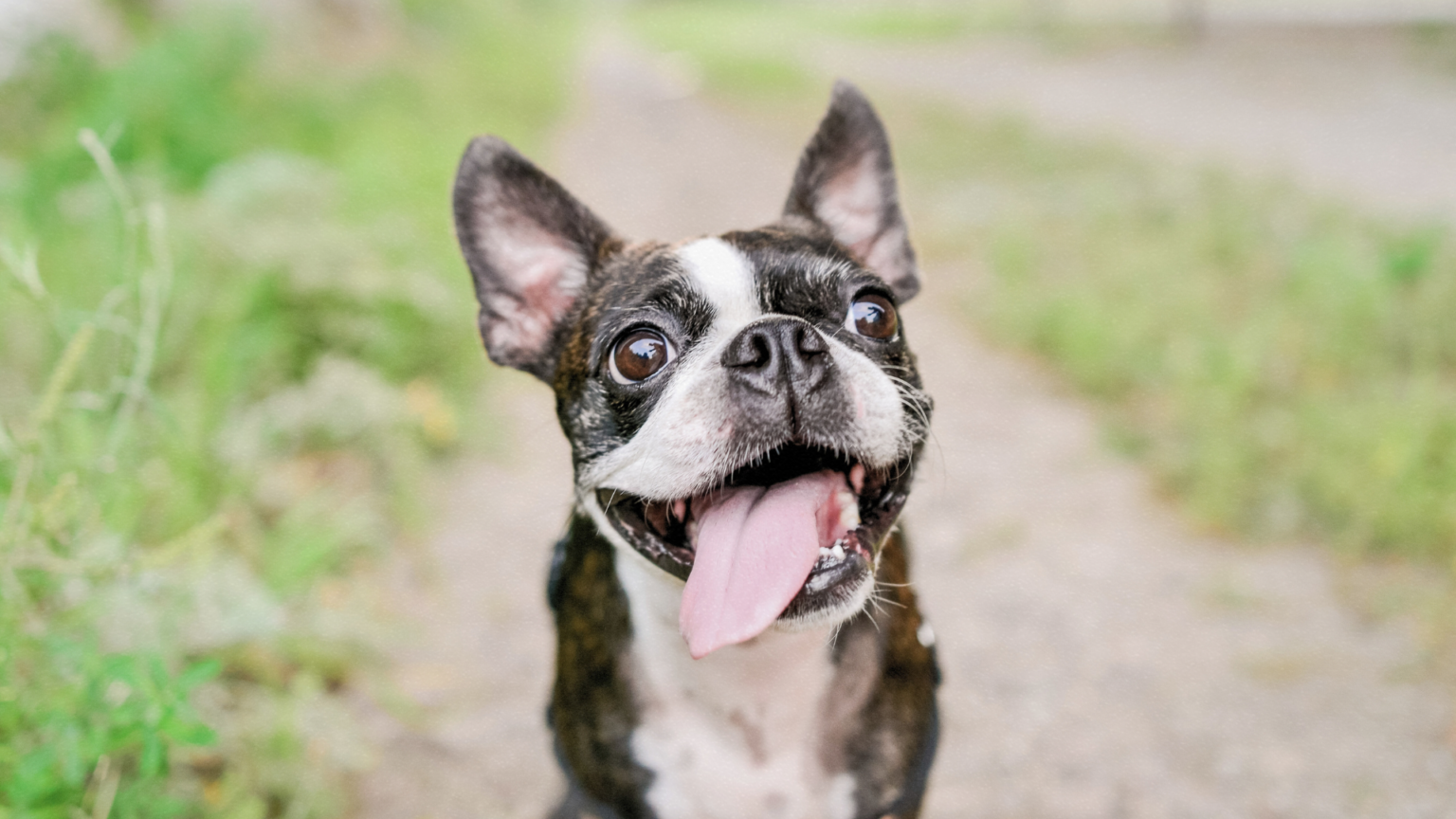In her 2024 Wellness Academy lecture, Jamie Peyton, DVM, discussed the wellness benefits of pet ownership and human-animal interaction.
In her Q&A session, Peyton elaborates on this profound bond between people and animals from learning mindfulness from our pets to animal essential oils and acupuncture.
About the expert: Jamie Peyton, DVM
Jamie Peyton, DVM, a board-certified veterinarian in Small Animal Emergency and Critical Care, has dedicated her career to advancing animal care and wellness. Her work includes developing innovative treatments for pain and burn care across species and contributing significantly to wildlife care during California wildfires. In recognition of her pioneering work with fish skin bandages, Peyton received the UC Davis Chancellor’s Innovation Award.
Q&A with Jamie Peyton, DVM
This transcript has been edited for clarity.
I know you’ve done amazing work with trauma and rescue. What can we learn from animals in terms of the way they process and recover from trauma, dealing with painful injuries or painful circumstances?
Dr. Peyton: Yeah, I love this question because I feel like animals teach us so much every day. And one of those major aspects is that they go through things similar to us of having trauma or having injuries or even I’ve seen, unfortunately, a lot of abuse cases as well. And just like us, some of them take time to find themselves again. But every day they appreciate what they have. Every day they like it. They’re happy. And they really do live more in the moment.
I think that’s something that’s really, really important. And I try to impress that on owners as well. Because animals also pick up a lot about us, they’re very empathic. And so I think animals have an innate ability of recovery when given supportive care. They’re just really good about saying, ‘okay, I have what I need. I now have the support that I need. The day is pretty good.’ And they continue to grow.
I think they always see the positive side, which is something that we always struggle with as humans. We think more about the worries and the concerns. But I think that’s what helps people when they have animals because even when you’re feeling down, they’ll see that one little positive, like, ‘oh, it’s a new day.’
I think that living the present and being more positive about little things is really what allows animals to have that ability to recover and to have resilience. And I do think those aspects are what they teach us as well.
Do animals have the same kind of needs for touch, for verbal engagement, for visual stimulation, for exercise as humans? Do we see a wellness contribution that we’re making for our animals when we provide that?
Dr. Peyton: Well, I think I think one of the important things is to recognize that we have sort of generalizations based on species, right? We think of dogs being more interactive. Cats like to be interactive on their terms. But all species have a different level of how they like to interact. But then there’s also an individual component. And so, as a general rule, when we look at our companion animals, I think it starts just like in children.
It starts young and developing. Getting them exposure to love and attention and those things are really important to help that healthy development for that animal. In general, providing the same things we would provide for ourselves and our families in terms of that health, nutrition, and exercise.
I will say that there are some animals where-just like some people being huggers and other people are not huggers-they’re animals that will appreciate more of just being with you and don’t always enjoy being overwhelmed or hugged.
And, you know, I always laugh because people will come out and see our sheep or our alpacas and they want to pet them and hug them, but they actually don’t like that. So, there is a component where we try to look at the animal and recognize what they need and what they enjoy and when something is too much, meaning they seek out that interaction or they avoid that interaction. And we also have to learn to respect and read those signals so that we can do what’s best for them.
Are essential oils something that you recommend? Is that species specific? Are there some that should be avoided? Are there some that you recommend more than others?
Dr. Peyton: I love essential oils, but like anything, you have to have some degree of knowledge and discretion in using them. So great question. Animals in general are more sensitive to essential oils. One of the reasons for that is because they have more hair follicles. The more hair follicles you have, the more absorption you can have for your skin. And there is more sensitivity depending on how they break down some of those essential oils when exposed to them.
So, yes, there is benefit to using essential oils, just like in people. For example, peppermint can decrease substance P, which is something that decreases pain. But you have to make sure that you find a product that has really good ingredients and doesn’t have a lot of fillers, because that’s where we can get in trouble. And then you also have to find someone, and usually it should be your veterinarian, that knows a lot about essential oils and can recommend the right ones as well as the right dilutions. For example, with cats you have to be very careful. Cats don’t do very well with types of citrus essential oils and if you use too high of concentrate or even diffuse them, they can have issues with it.
I have no relation to this company, but one company belongs to a veterinarian that I have I’ve worked with in the past and she has essential oils that are diluted appropriately for certain species of animals. That’s what you want to find. That company is animalEO. But there are others out there, and they have specific dilutions that can be helpful. So, the answer is yes, they are awesome. But also make sure you do your research. And ask someone who’s knowledgeable before you apply or use essential oils on your pet.
Doctor Fishman, in your introduction, mentioned that the first time that he met you, you were doing acupuncture on a giraffe. So, related to some of those issues and questions around complimentary care for animals, what are your thoughts around providers for our pets?
Dr. Peyton: Well, I think it’s an interesting movement that we’ve had over several years, just like in people. When you look at human medicine, it really has evolved because of this need to look at whole body care and how we live. It’s more than just medication or fluids and that’s what we’re looking at with animals. And I think when you start, you should start with your veterinarian and talk with them about some of your interests if you want to pursue more complementary therapies.
If your veterinarian is not comfortable with that, then they can often refer you because there are a lot of vets now that are including things like rehabilitation and acupuncture. But you can also think beyond this. For example, if you have a dog with osteoarthritis thinking about do are they cold? Is your house air conditioned? Maybe they should wear a jacket. What kind of bedding do they have? What kind of supplements do they take?
Pet owners can also do a lot of their own research. I encourage that. I think it’s important to look at what’s out there, but then bring it back to your veterinarian to discuss these things and see what science is there.
There are more and more veterinarians that are including other techniques. You just have to start with your family vet and then see if you can find referrals and do your research. We’re always advocates for ourselves and our family, and that includes our pets.
For more insights into animals and wellness, watch Jamie Peyton’s 2024 Wellness Academy lecture.
About the Author


